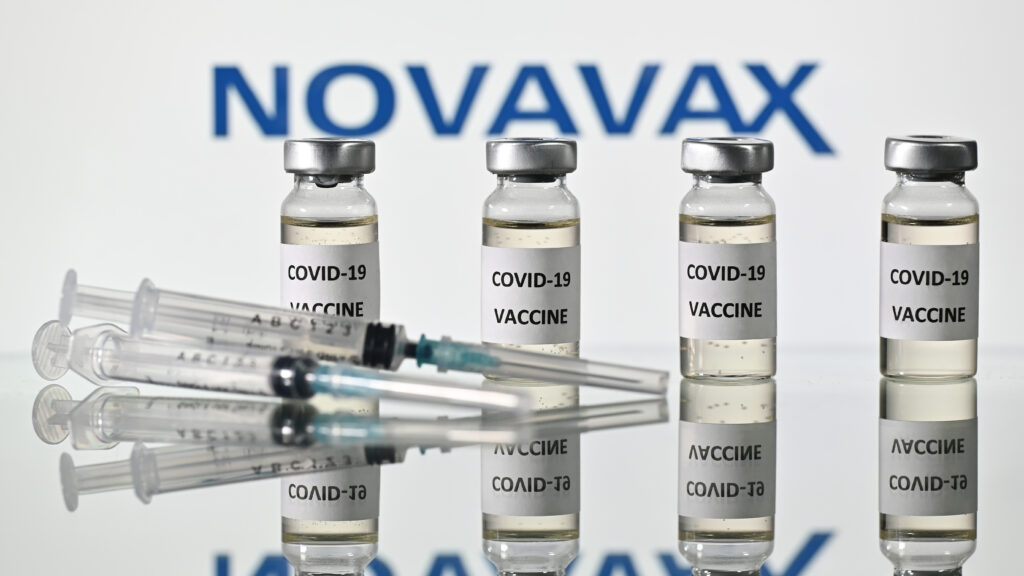Want to stay on top of the science and politics driving biotech today? Sign up to get our biotech newsletter in your inbox.
Good morning, everyone. Damian here with the precarious case of gene therapy in Europe, a long-awaited coup for Novavax, and the unwinding of Amgen’s success story.
advertisement
The need-to-know this morning
• Sanofi will spend up to $1.5 billion to co-develop and co-commercialize Teva’s experimental arthritis drug as a treatment for inflammatory bowel disease.
• Eli Lilly announced a reshuffling of its leadership, including promoting David Hyman to chief medical officer.
Does gene therapy have a future in Europe?
For Stella Pelteki, who has lived with a blood disorder since birth, the 2019 European approval of a gene therapy for her disease had life-changing potential. But within months, that promise came unglued as the manufacturer failed to persuade continental governments to pay the treatment’s $1.8 million million price tag, leaving Pelteki and thousands of others without access to a long-awaited therapy.
As STAT’s Andrew Joseph reports, the ordeal demonstrated what can happen when a company touting a pricey, powerful treatment collides with cost-conscious national health systems empowered to negotiate prices and skeptical of some of the therapy’s benefits. And in Europe, some fear it could happen again.
advertisement
As potentially curative, undoubtedly expensive one-time therapies make their way toward the market, advocates are urging companies and payers to find solutions that don’t leave patients like Pelteki unable to get their hands on medicines that could dramatically improve their lives.
At last, Novavax is back in the game
Three weeks after its mRNA rivals hit the market, Novavax won FDA clearance for its updated Covid-19 vaccine, giving the company a chance to save its business in the market for boosters.
As STAT’s Helen Branswell reports, yesterday’s news was doubly positive for Novavax. Previously, the FDA had authorized its product only for people who specifically declined an mRNA vaccine. The updated ruling makes Novavax’s vaccine available to anyone who wants.
The challenge now is to find enough of those people to keep the business afloat. Novavax has previously warned shareholders that its dire financial situation poses an existential threat, and the company’s long-term survival hinges on successfully launching its booster into a crowded market with waning demand.
Amgen’s pathbreaking drug is on the ropes
Amgen made history in 2021 with the FDA approval of Lumakras, the first cancer drug to successfully target a common but wily genetic mutation. But the company’s confirmatory study has some serious flaws, according to the FDA, putting its future in jeopardy.
As STAT’s Allison DeAngelis reports, agency reviewers cited potential problems with bias in Amgen’s trial. In documents posted ahead of an expert panel meeting later this week, the FDA questioned the company’s conclusions on Lumakras’ efficacy and noted that a high drop-out rate in the comparator group could make the whole study uninterpretable.
Analysts said the likeliest scenario is that the agency’s panel of advisers vote to wait on data from another Phase 3 trial before granting Amgen’s drug full approval. But there’s an outside chance the FDA will seek to remove Lumakras from the market, undoing what had been a story of scientific triumph.
Lilly is breaking with pharma tradition
There’s a time-honored tradition among major drugmakers in which great windfalls — whether from Lipitor, Humira, or a Covid-19 vaccine — are followed by periods of wasteful spending on bad acquisitions at shocking prices. Eli Lilly, as Evercore ISI analysts Umer Raffat and Jon Miller noted yesterday, has been doing the opposite.
The latest example is its $1.4 billion deal for Point Biopharma, a company working in the fast-growing field of cancer drugs that deliver a focused dose of radiation to tumor cells. As STAT’s Matthew Herper points out, the deal gives Lilly a foothold in so-called radiopharmaceuticals, which have been a bright spot in the business of rival Novartis.
It’s the latest in a string of what Raffat and Miller called a careful approach to pharmaceutical business development. In June it bought Dice Therapeutics, which is developing a pill to treat autoimmune disease, for $2.4 billion. And in July, Lilly purchased Versanis Bio, a private company developing an obesity drug that specifically targets fat mass, for less than $2 billion. Neither deal shook up the industry, but each provided a reasonably priced complement to something Lilly already does well.
More reads
• Novartis weighs selling assets from radiopharma unit, Bloomberg
• Boehringer launches 81% discounted biosimilar of AbbVie’s Humira, Reuters

